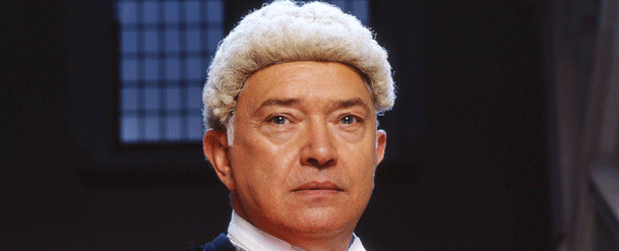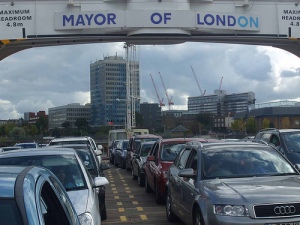Cars are not the problem. Almost every driver treats me with courtesy and consideration.
Then there are the few who rage. They are encouraged by roads clearly designed to “smooth traffic flow” – so what am I doing there, in their way?
The very large majority of drivers treat me decently simply because they are decent people. They would do so no matter what the condition of the roads. The few hoons (good Australian word that) see things differently. And the visible culture – the infrastructure around their vehicles – tells them they are right.
Cars are not the problem. Drivers are not the problem. Civility is the problem: a few uncivil drivers and a lot of uncivil roads.
Civilising measures (“traffic-calming” in the jargon) such as 20mph limits, mandatory cycle lanes and advanced stop lines are seriously undermined if not enforced. Failure to enforce suggests to drivers that the measures are advisory, are annoying distractions.
We need enforcement to establish the normality of driving at 20mph, of keeping a safe distance from cycles. Most drivers will do this anyway. They do not need to be told. But the hoons – the drivers who endanger us – need help to get this.
The police are not providing it. Recent FoI requests failed to reveal any FPNs issued in London for exceeding 20mph limits. Or encroaching on mandatory cycle lanes.
Private prosecutions are available when responsible authorities fail to act. Besides the usual function of punishment, they remind the hoons what the law is.
Let LCC establish a fund to be used for conducting private prosecutions. If the RSPCA can do this, so can we.
The big difference is that, while neglecting animals is widely vilified and relatively unusual, road rage against cyclists happens all the time. And a worrying number of people think it’s justified – all those Lycra louts.
Here’s a scheme to get best value from scarce funds. Establish a database for evidence. Ideal evidence would consist of helmetcam recordings with a clear view of the registration plate and the driver’s face, and signed witness statements. Let evidence be emailed to enforcement@lcc.org.uk. LCC can index the records by registration plate. And, as funds permit, cherry-pick the worst cases for prosecution.
If this succeeds, then to some extent, police forces will be shamed into greater diligence themselves. We will have establishe it is ‘normal’ to prosecute such cases.
We shall also record many, many more cases than we prosecute. But when we prosecute, we should prosecute all the cases indexed for a vehicle, because, sure as eggs, the worst offenders will show up again and again in the records. And we can circulate police forces with an index of unprosecuted incidents, for them to draw on in the same way.
Think of the effect this would have on the current culture. At the moment we have a culture of impunity. Endanger a cyclist, even one with a helmetcam, and you would be very unlucky to wind up in court. But with enforcement@lcc.org.uk your fit of pique might be documented and filed, possibly without your knowledge, to come tumbling into court after the next, or the fifth, incident.
LCC could offer courses in how to record evidence. And take a cut on the surge in helmetcam sales.
And that’s to think about.

.jpg)





